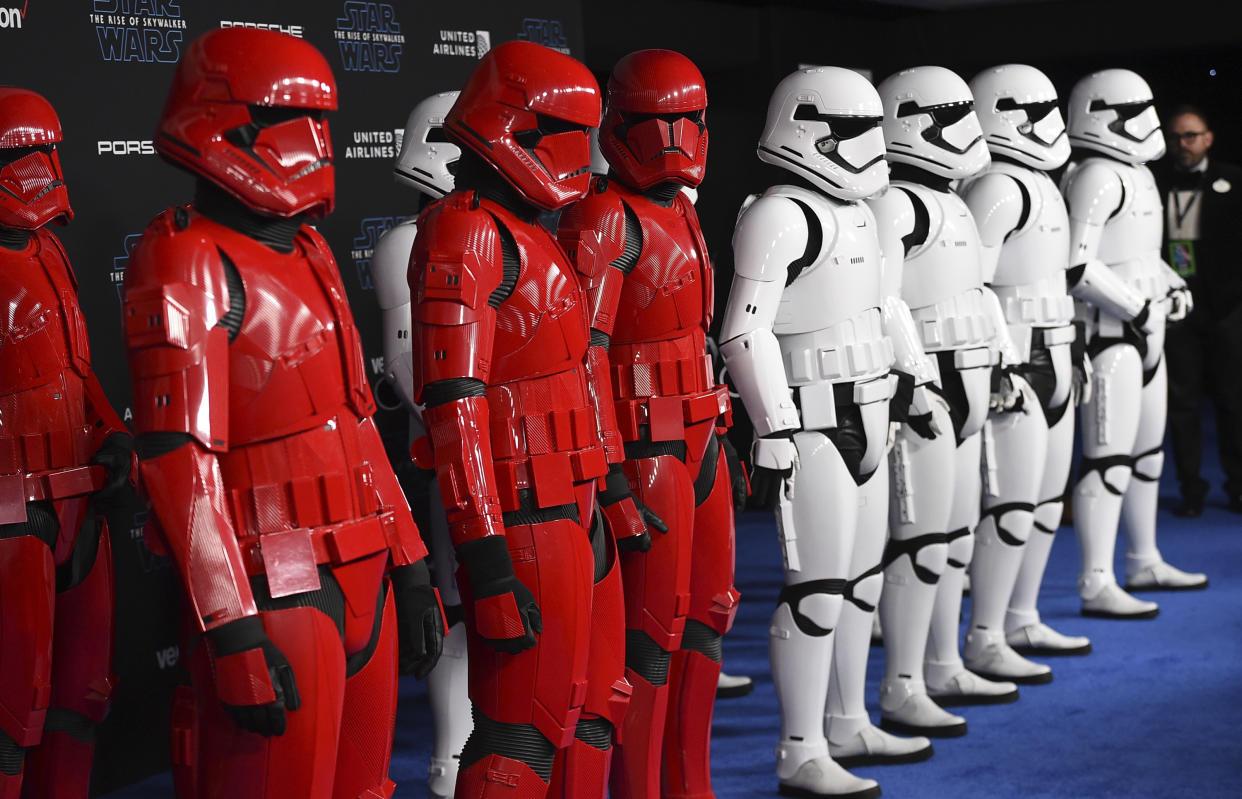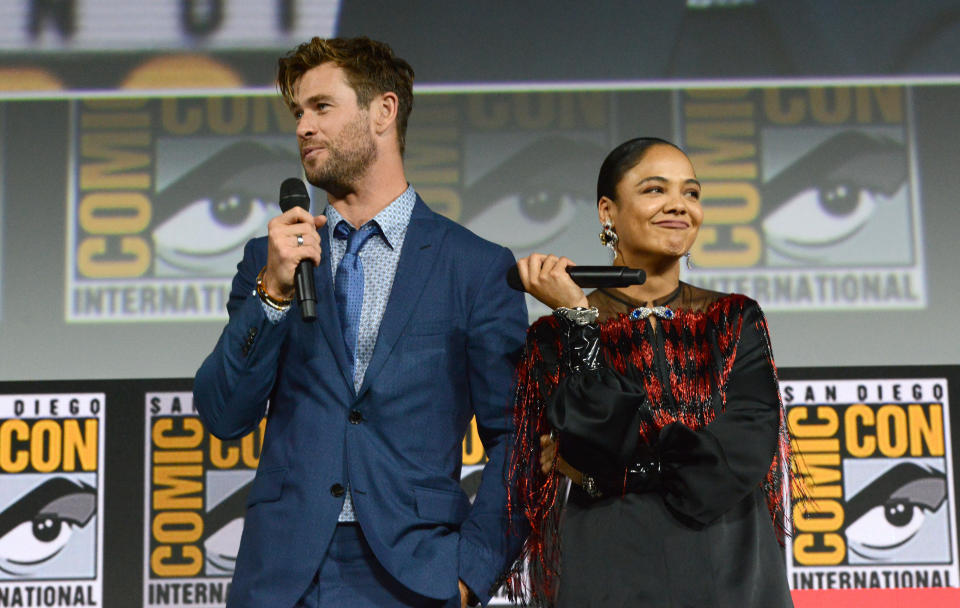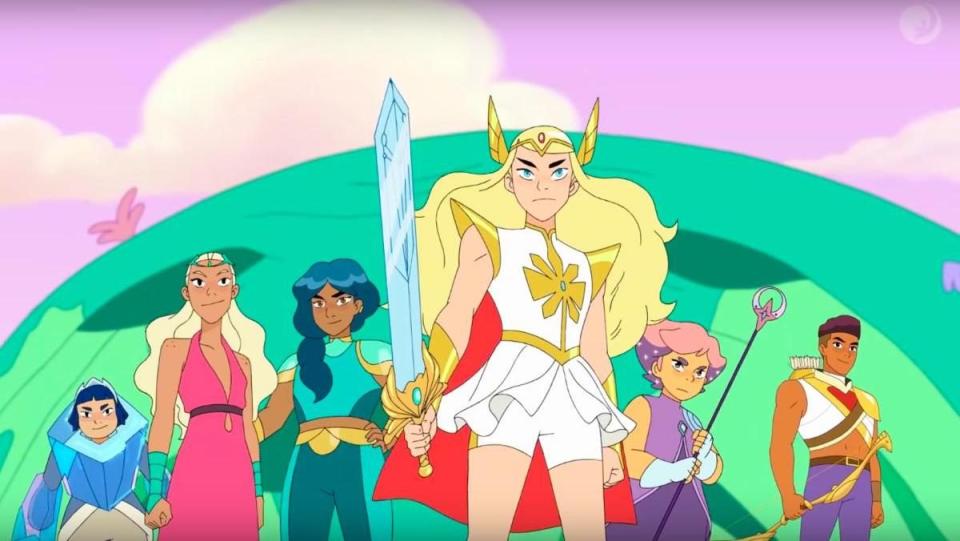COMMENT: As pop culture gets more inclusive, Singapore's LGBT censorship isn't sustainable

Pop culture juggernauts like Hollywood studios and Netflix are including more and more queer characters and stories in their content. And as Singapore’s homophobic censorship bumps against more inclusive movies and TV shows, its regressive policy will increasingly be invoked in more visible ways.
Last week, as Star Wars: The Rise Of Skywalker (TROS) opened in Singapore, it transpired that Disney had cut a shot of a same-sex kiss on the lips between two minor female characters. This allowed Disney to retain a PG13 rating for the movie in Singapore, so that families could bring their children to watch it. (The only other place where TROS is reported to have been censored is the Middle East.)
Aside from the problem of the tokenistic two-second kiss between unknown characters being merely queerbaiting, you can’t really blame Disney, which owns Lucasfilm, the studio that produces the Star Wars movies. They’re just looking after their bottomline, after all. In censoring its film, albeit by cutting mere seconds of footage, Disney was simply reacting to the Singapore government’s long-standing LGBT censorship policy.
In Singapore, where gay sex is illegal, movies that depict queer characters or queer romances usually receive at least an M18 rating, or an R21 rating if the LGBT content is considered egregious enough. (Only people above the ages of 18 or 21 can watch movies with such ratings.) Such content is censored from TV shows too.
These censorship rules are based on the idea that media content should not “promote homosexual lifestyles” – that seeing gay characters onscreen will turn children gay – which is, of course, rubbish.
Even the way local mainstream media reported the news was telling. Yahoo Lifestyle SEA first broke the news that the gay kiss in TROS had been censored in Singapore. It was only days later that mainstream publications such as The Straits Times and Today Online featured the same news – using foreign news wire articles, mind you, not their own reporting. This was after international news outlets such as BBC and the New York Times had already picked up the news.

Singapore will have to contend with much more LGBT-inclusive content in the future that contravenes its censorship policy. TROS is groundbreaking in being the first global blockbuster to feature a same-sex romantic kiss. But it’s by no means the first instance of LGBT representation in tentpole Hollywood films.
The Beauty And The Beast live-action remake was the first Disney film to feature gay characters. Marvel’s Avengers: Endgame had a minor gay character. Star Trek Beyond retconned Hikaru Sulu into a gay character complete with husband and daughter. Pixar’s Toy Story 4 had a female same-sex couple with a son. (These films all received PG ratings in Singapore since the gay characters were tiny parts of the movies – and they didn’t kiss.)
The kiss in TROS may have been merely a split-second nod to LGBT inclusion. But Hollywood giant Marvel Studios, which is also a subsidiary of Disney, has stated its commitment to portraying greater diversity in the next phase of its hugely popular movies.
The upcoming Thor: Love And Thunder will feature a queer romance involving the bisexual Valkyrie, played by A-lister Tessa Thompson. And The Eternals, which counts Angelina Jolie among its cast, will feature an as yet unnamed gay superhero character.
Will Singapore censor such movies? Marvel is a cinematic powerhouse that has influenced global pop culture profoundly. It now boasts the box-office record for highest grossing film for Avengers: Endgame (US$2.8 billion or S$3.8 billion), which capped off a decade-long blockbuster saga. If Singapore censors LGBT characters from these beloved movies, it will be very obvious to millions of local and global moviegoers how backward our government is.
Let’s do some thought experiments. What if the LGBT storyline in Thor: Love And Thunder leads to, say, three minutes being cut from the movie so that it gets a PG13 rating? What if 10 minutes are cut? What if The Eternals is rated R21 because the gay protagonist cannot be excised from the story? What if Marvel decides to withdraw the movies in Singapore rather than bow to censors? What would that say about Singapore, supposedly an open and cosmopolitan city?
My guess is that many Singaporeans would feel, at best, indignant, and at worst, embarrassed at the bigoted image portrayed of our country.

It’s not just Disney or blockbusters that are becoming more inclusive. There has been a general trend towards diversity in films and television. Singapore’s censorship will likely kick in increasingly, as content features more LGBT characters. Already, two Netflix cartoon series – The Dragon Prince, and She-Ra And The Princesses Of Power – have M18 ratings in Singapore because of lesbian characters. These are shows meant for kids!
With OTT streaming becoming more common, censors will increasingly become less relevant as well, since the final arbiter of content consumption on Netflix is the parent holding the restriction passcode, and not a committee of state-appointed censors.
The trend towards diversity is inevitable and a positive sign of progress in LGBT representation in media. Queer people, as do women and minority groups, deserve to see themselves being represented in the films and TV shows that reflect our culture and communities.
Having said that, it is certainly a government’s prerogative to censor what it deems harmful to society. But if Singapore’s censors choose to continue erasing queer people from our stories, they will find that the bigotry and homophobia in the country will be more and more obvious to the rest of the world.
The author covers lifestyle and entertainment news for Yahoo Lifestyle SEA. The views expressed are his own.
READ MORE:
Disney cuts same-sex kiss scene in Star Wars: The Rise Of Skywalker for Singapore
Review – Star Wars: The Rise Of Skywalker stuffs in way too much fan service
Rise Of Skywalker features Star Wars’ first same-sex kiss, but queer fans aren’t happy
SIM criticised for 'censorship' of bisexual singer in campus concert
80% of Singaporeans say LGBTQ community still faces discrimination: survey
Majority of Singaporeans opposed to same-sex marriage: survey



